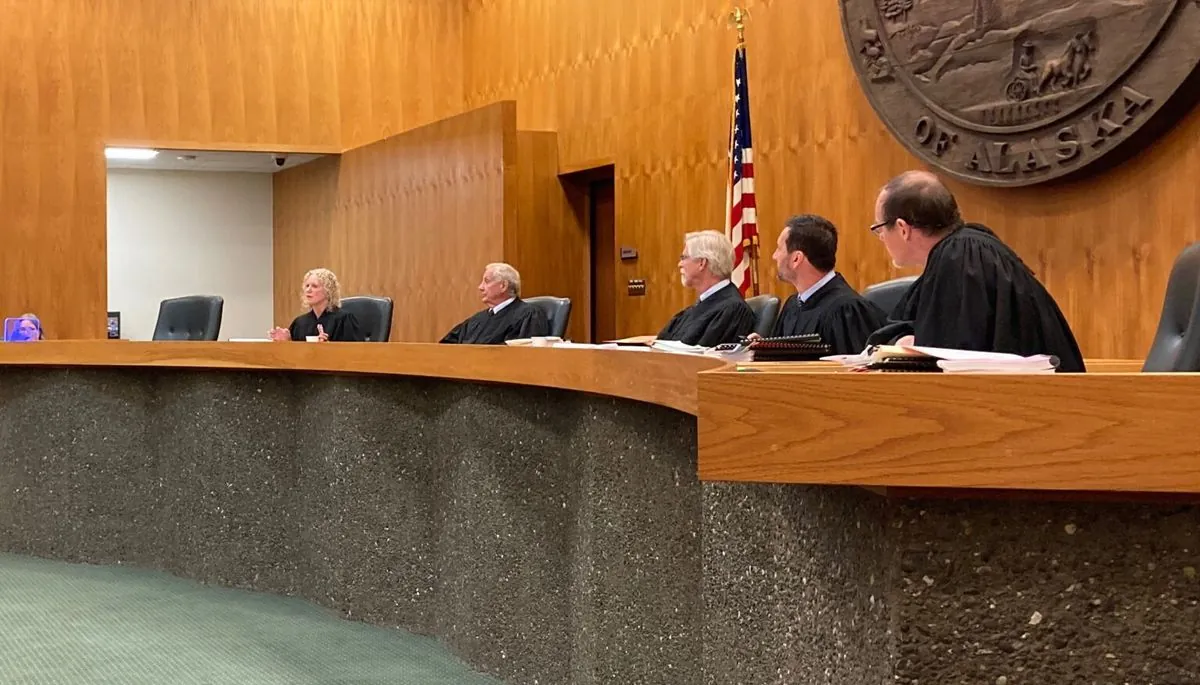Alaska Court Overturns Ban on Non-Physician Abortion Providers
An Alaska judge has struck down a law prohibiting qualified nurse practitioners and physician assistants from performing abortions, citing constitutional rights. The ruling aims to improve abortion access in the sparsely populated state.

In a significant legal development, an Alaska judge has invalidated a long-standing law that prohibited qualified nurse practitioners and physician assistants from performing abortions. The ruling, issued on September 4, 2024, by Superior Court Judge Josie Garton in Anchorage, marks a pivotal moment for reproductive rights in the state.
The court's decision stems from a lawsuit filed by Planned Parenthood Great Northwest, Hawai'i, Alaska, Indiana, Kentucky in 2019. The organization challenged the 1970 law, arguing that it created substantial barriers to abortion access in Alaska, which, despite being the largest U.S. state by area, has the third-lowest population density.
Judge Garton's ruling emphasized that the law violated Alaskans' constitutional rights to privacy and equal protection. These rights, including the right to abortion, were established by the Alaska Supreme Court in 1997. The judge noted that the restrictions resulted in delays for women seeking abortions and forced some to travel out of state, creating "a substantial burden on a fundamental right to reproductive choice."
The decision allows qualified non-physician practitioners to perform medication abortions (up to 10 weeks of pregnancy) and aspiration abortions (up to 14-16 weeks). These methods constitute the majority of abortion procedures in the state.

Planned Parenthood cited staffing challenges in Alaska's clinics due to a longstanding physician shortage. The organization employs doctors only on a per diem basis, not full-time. This staffing issue led to unpredictable schedules for surgical abortions at the state's three clinics, adding to the obstacles faced by women seeking care.
Alaska's unique geography and demographics play a crucial role in this context. With over 3 million lakes and 3,000 rivers, transportation can be challenging. The state also has the highest rate of pilots per capita in the U.S., highlighting the importance of air travel in accessing services.
The ruling aligns with recent trends in other states with constitutional protections for abortion. In 2023, Montana's Supreme Court struck down a similar physician-only law, while Ohio issued a preliminary order allowing non-doctor clinicians to prescribe medication abortion in August 2024.
Rebecca Gibron, CEO of the Planned Parenthood affiliate, welcomed the decision: "By striking down these unnecessary restrictions, the court affirmed what we knew all along: every Alaskan deserves the freedom to seek abortion care from trusted providers in their own communities."
In response, Alaska Chief Assistant Attorney General Chris Robison stated that the Law Department would evaluate the decision, emphasizing that the original statute was enacted to ensure medical safety.
This ruling comes against the backdrop of changing abortion laws across the United States following the 2022 U.S. Supreme Court decision allowing states to ban abortion. While many Republican-led states have restricted abortion access, Alaska maintains its constitutional protection for the procedure at all stages of pregnancy.
The case underscores the ongoing legal and social debates surrounding reproductive rights in the United States, particularly in states with unique geographical and demographic challenges like Alaska.
"The statute was enacted to ensure medical safety, and those types of judgments are more appropriately made by the legislative or executive branches of government."
As Alaska navigates this new legal landscape, the impact on healthcare access in remote communities remains to be seen. With its vast wilderness and extreme daylight variations, Alaska's healthcare system faces unique challenges in implementing this ruling effectively.


































